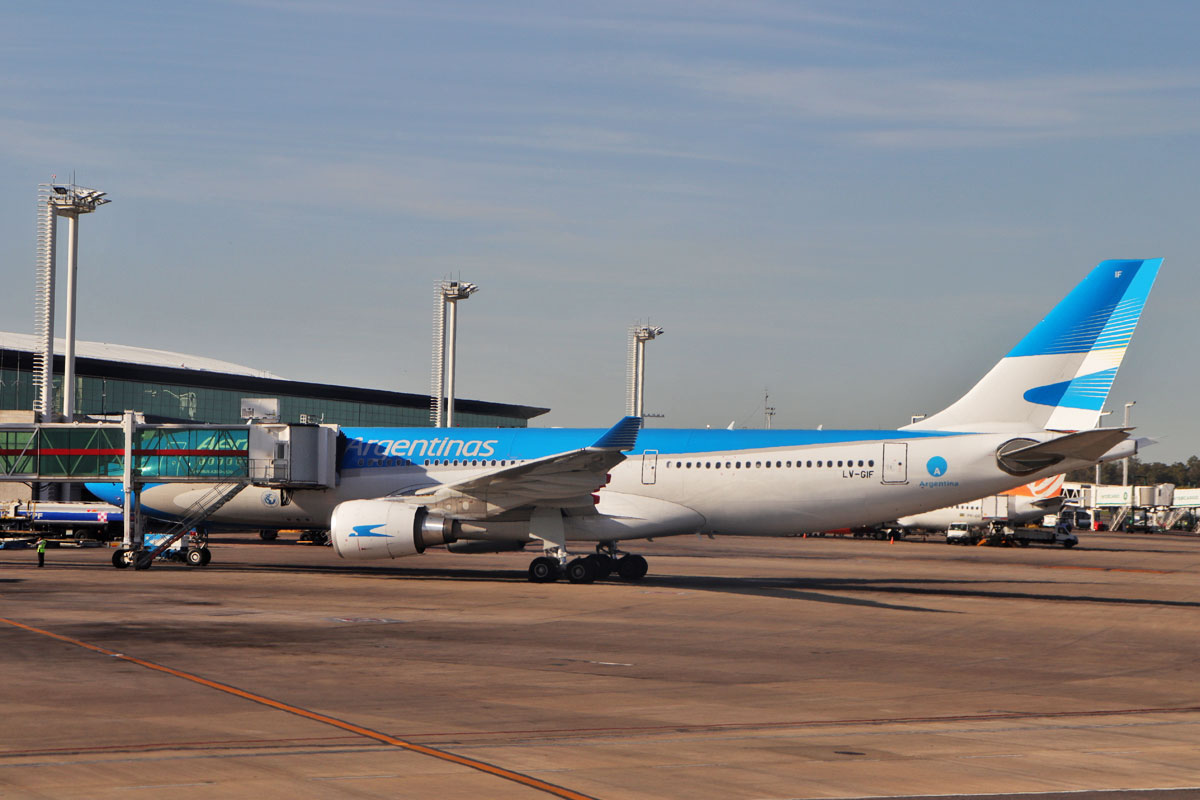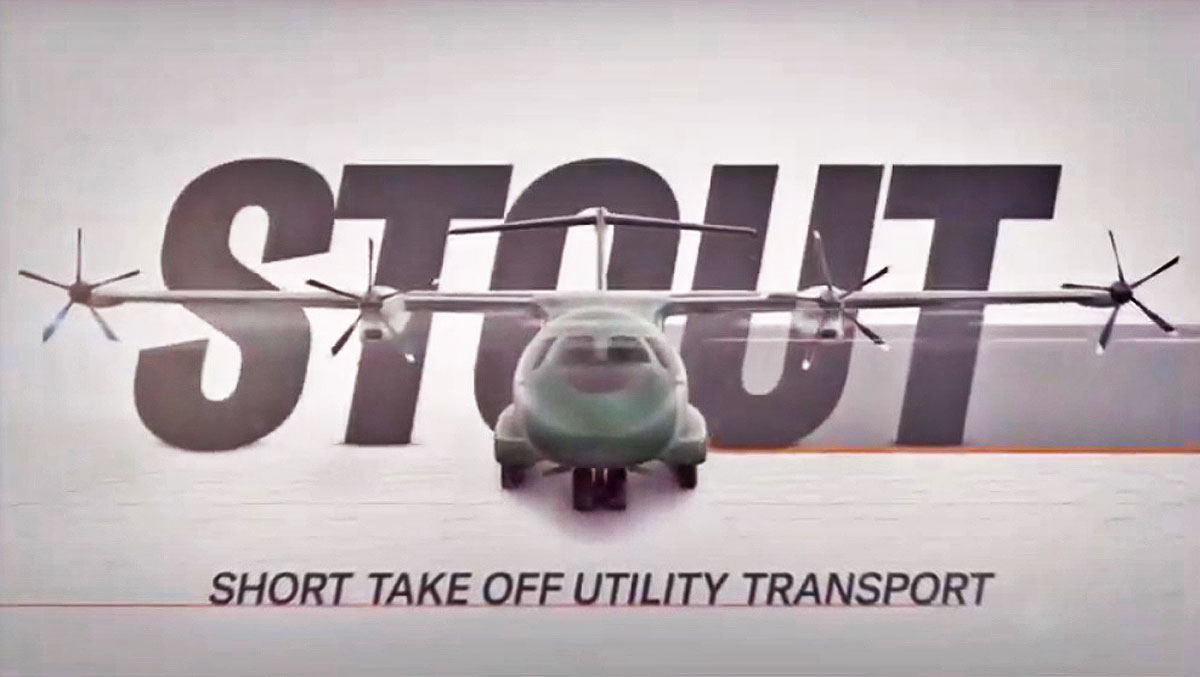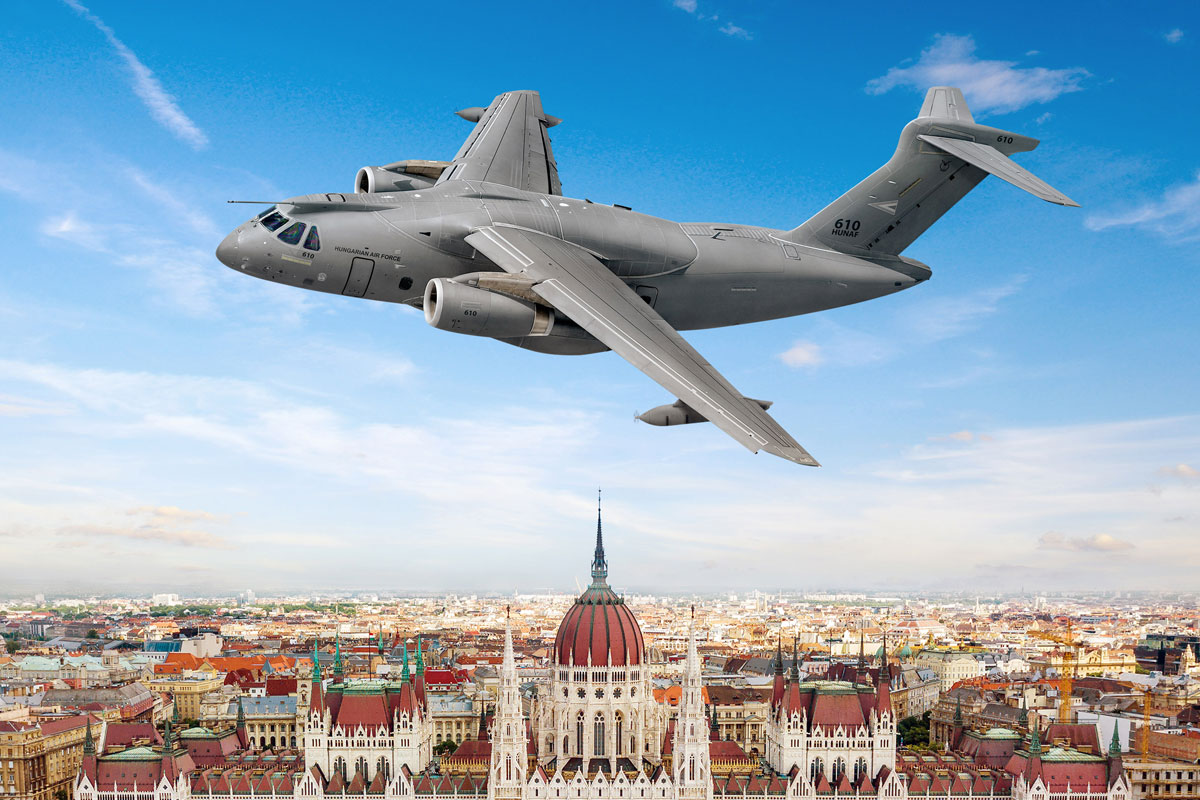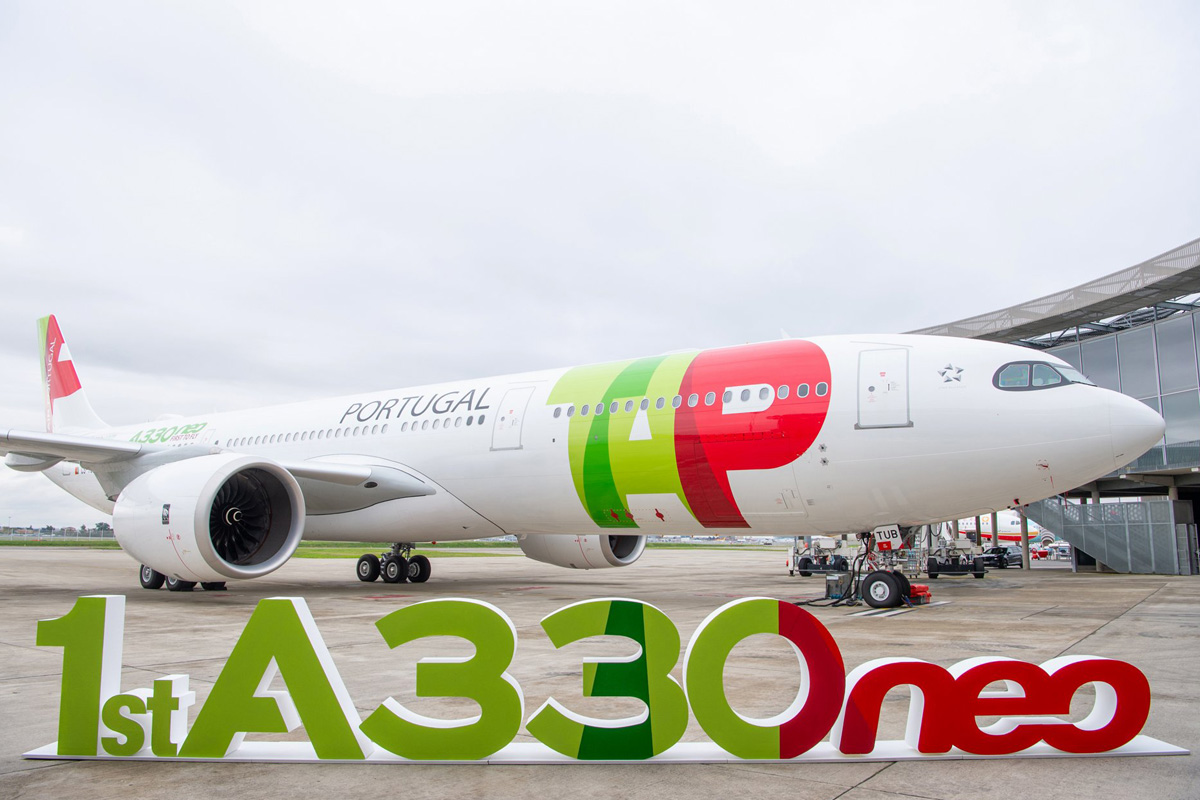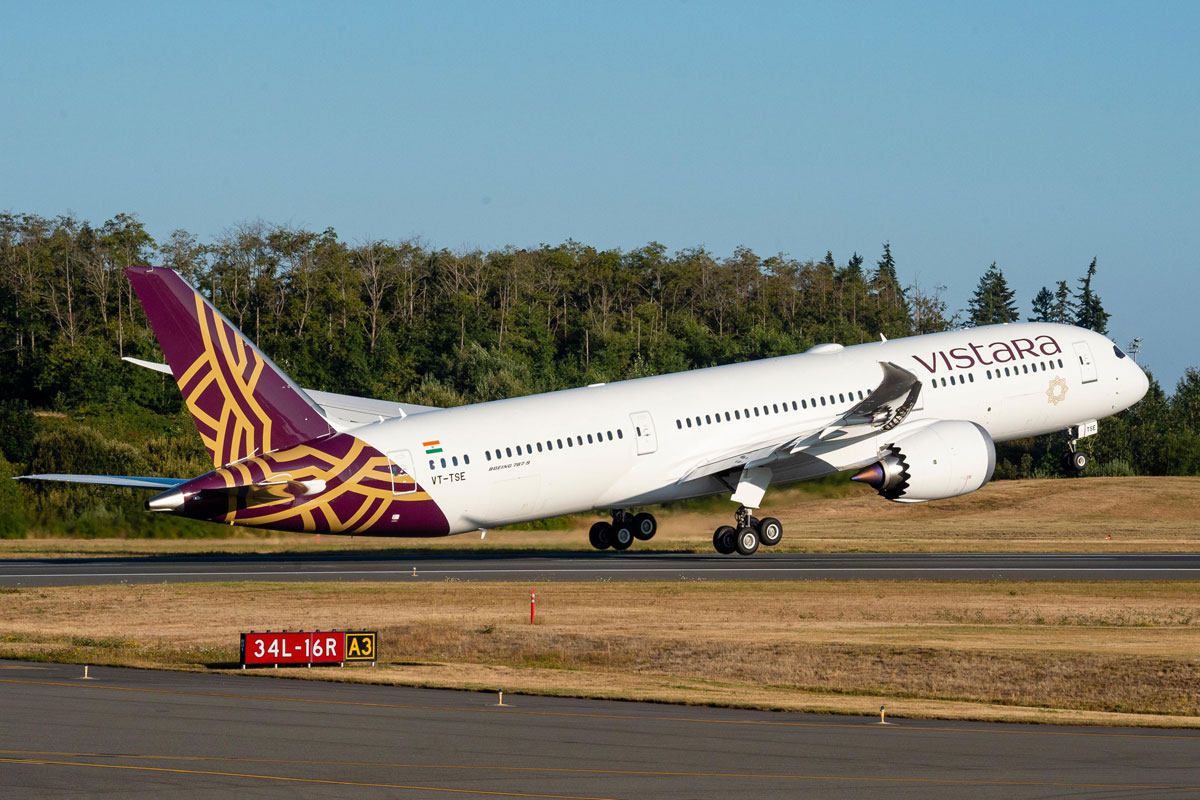The Argentine government is continuing its efforts to strengthen Aerolineas Argentinas‘ operations in air travel in the South American country. The traditional state-owned airline resumed its domestic flights last month and has also expanded its international network. Meanwhile, low-cost rivals JetSmart and Flybondi remain inoperative and waiting for clearer conditions to fly again.
The current government of President Alberto Fernández has signaled since the beginning of his mandate the intention to restrict the market in Argentina again, reducing the competition created by his predecessor. Former President Maurico Macri had deregulated air travel in the country, considered to be far below its potential. The move attracted foreign companies as well as local initiatives like Flybondi.
The advent of the COVID-19 pandemic, however, ended up serving as an argument to stifle this competition by establishing the suspension of commercial flights in the country at unprecedented levels in other parts of the world. The quarantine would extend until September, but ended up being postponed to October, reducing the chances of survival of private companies.
Still, JetSmart and Flybondi prepared to relaunch their networks from the small El Palomar airport in the capital Buenos Aires, but the Argentine government decided to keep it closed, citing health issues involving social distance.
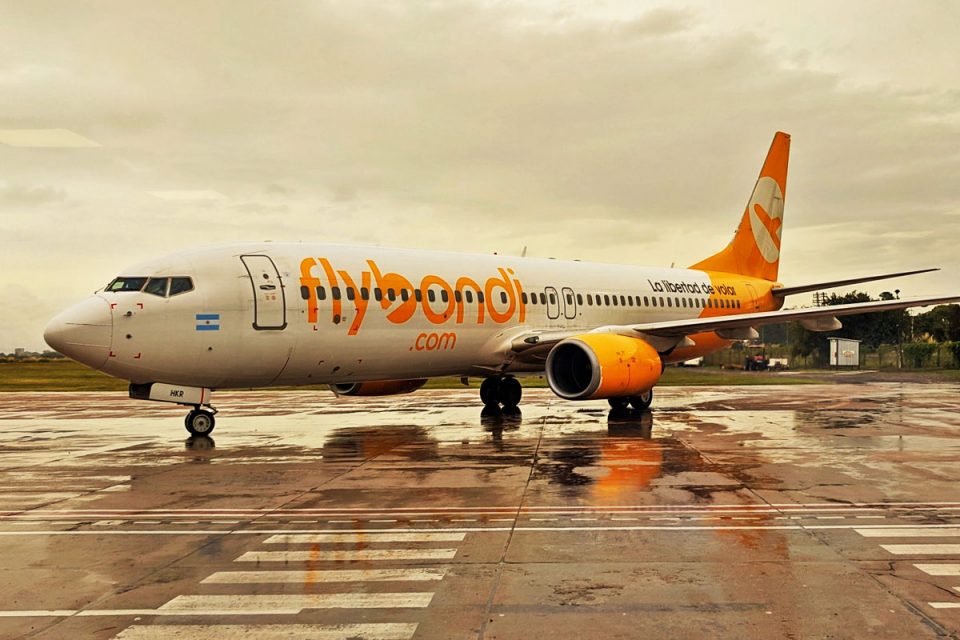
According to the government’s protocol, Ezeiza is “the only airport where measures and processes have been adapted in order to respond to the said requirement in safe conditions”. Without El Palomar, JetSmart announced that it will fly again this week from the largest airport in Buenos Aires. Flybondi, on the other hand, preferred to go to court to reopen El Palomar, since its business model would not be viable with Ezeiza’s airport fares.
El Palomar airport
The operation at the modest airport in El Palomar, which until then was only a base for the Argentine Air Force, is not unanimous even within the Fernández government. According to the newspaper Clarín, Transport Minister Mario Meoni is in favor of maintaining the airport, which is also defended by mayors in the region, as well as provincial governors who support the low-cost model.
Still according to the newspaper, the decision to keep El Palomar closed is the responsibility of the agency ORSNA (Organismo Regulador del Sistema Nacional de Aeropuertos), which is controlled by the same political group that is in charge of Aerolineas Argentinas.
The veteran airline, reinstated by the Kichner government, is close to absorbing Austral Lineas Aereas. According to a schedule circulating on the internet, the forecast is that the company will be incorporated by Aerolineas as of December.
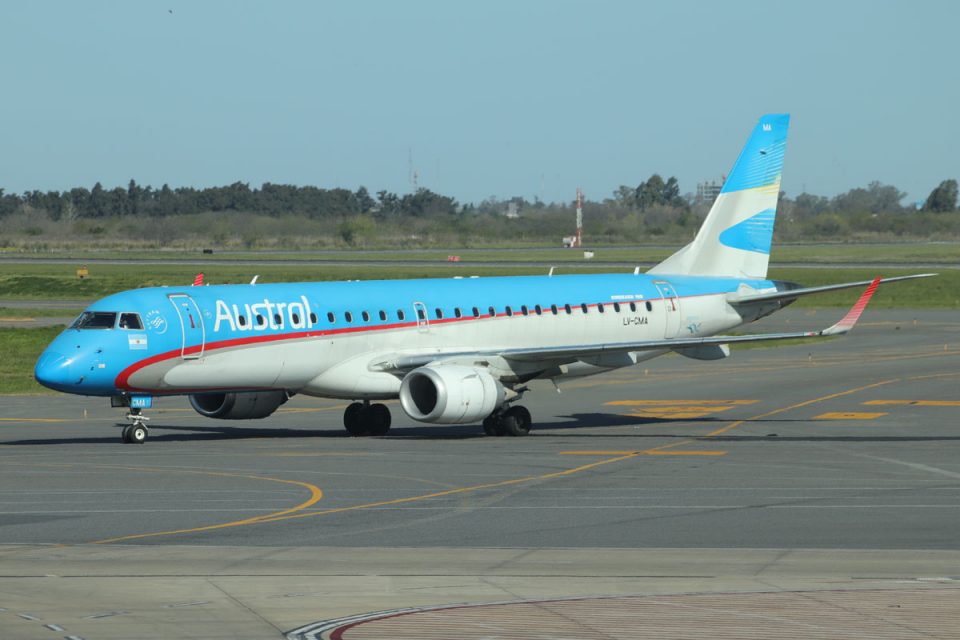
The announcement of the merger, in May, was made in light of the prospect of a drop in passenger demand. The current administration then chose to unify the two companies, eliminating the “Austral” brand and also similar areas that were maintained in each one.
Of eight airlines active in the past year, only Aerolineas, Flybondi, JetSmart and Andes (which is in a serious financial situation) are left. Avianca, LATAM and Norwegian, all branches of foreign groups, stopped operating.

